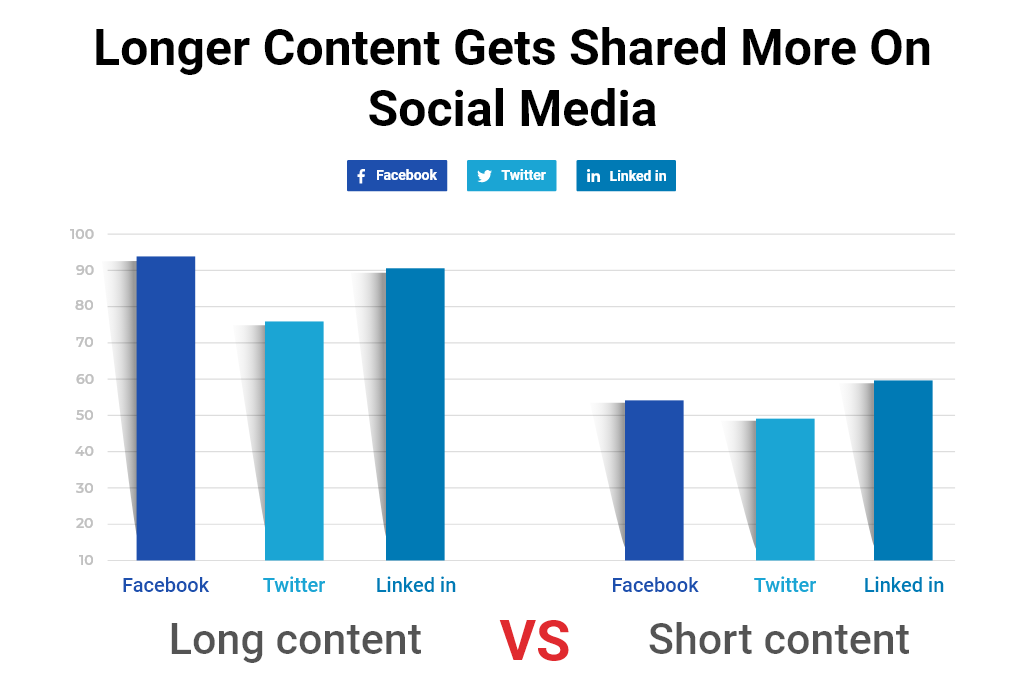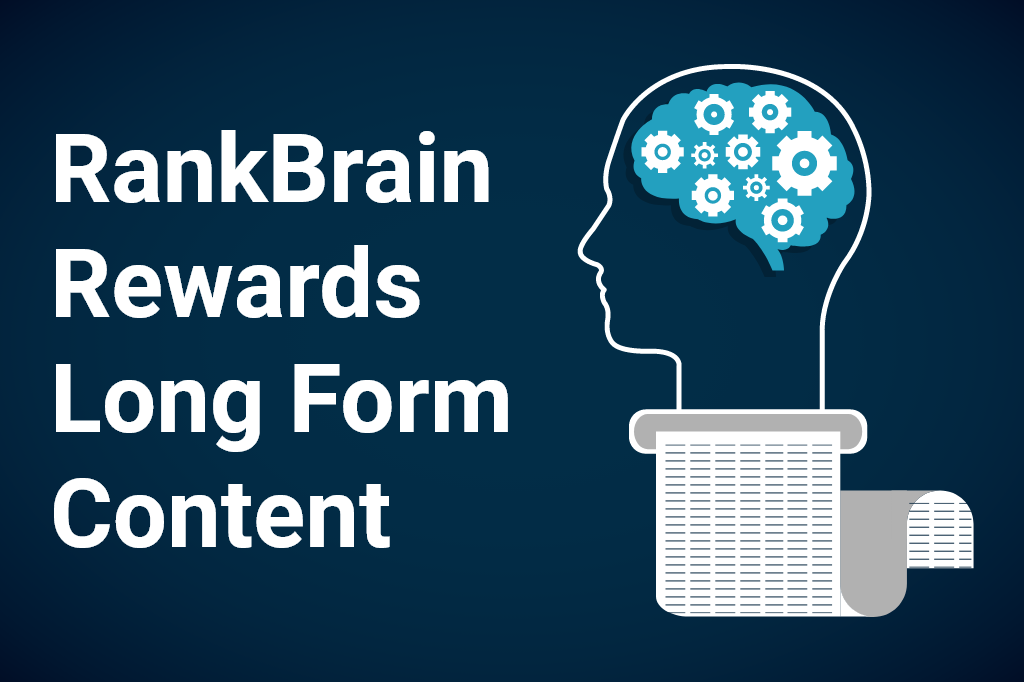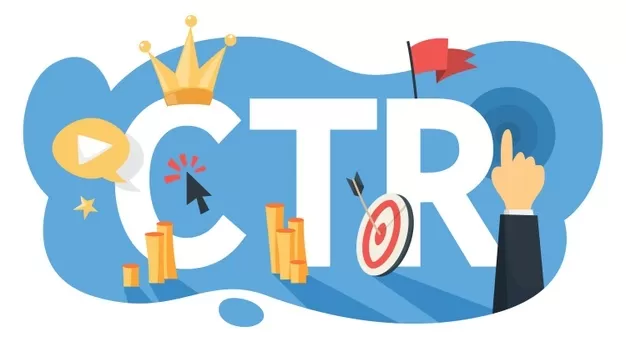Data-driven SEO: Does Long Content Really Rank Better?

Long form content has proven to be shared more often, is more engaging and is better for your SEO strategy. However, it’s no longer enough to write 2000 or more words and call it quits. As a matter of fact, most content writers no longer aim to create content that’s quite that long.
“Content is king” is a phrase commonly used within the SEO industry. Although this statement is mostly true, long form content should not always be used freely for every website in every situation. There are instances where adding too much low value content can actually do more harm than good for small to mid-sized businesses. It’s vital to use the right type of content based on your target audience and SERP (Search Engine Results Pages) landscape.
There are quite a few factors involved in creating quality long form content. Below, we discuss the value in creating quality long form content that goes beyond word count. Benefits of Long Form Content:
Benefits of Long Form Content:
It’s true that longer content typically results in higher search rankings. Numerous studies have shown that longer content almost always ranks higher in search results. For instance, a quick search of a chosen term shows that the top 10 highest ranking results by content length to be between 2500 to just around 2000 words. The fact that none of the top 10 results had less than 2000 words is compelling. It shows that search engines like Google prefer content rich sites.
There’s something to keep in mind, however. Google doesn’t determine the ranking of a webpage based simply on its word count. While it is quite obvious that longer content results in better search rankings, long form content simply makes the factors that help Google rank pages possible.
This may sound confusing, and there are a lot of moving parts involved in content performance rankings when it comes to SEO.
Let’s take a look at some of these factors:
 Longer Content Gets More Backlinks:
Longer Content Gets More Backlinks:
Long form content has repeatedly shown to have a greater probability of earning high quality backlinks that have a significant contribution to search rankings…but why?
For starters, long form content tends to be more comprehensive and informative than short content. The more useful it is, the more value it provides. Google recognizes that users want everything they need in one place. They do not want to spend time looking for bits and pieces of the information they need.
Because long form content tends to be more comprehensive on a given subject, the likelihood that the user will find the answers they are searching for in one place is much higher. This helps users to find the information needed without conducting repeated searches every time short content falls…well, short. Longer content also tends to stand out more and is more impressive for the reader.
Likewise, link creators want to provide links to their audience that provide comprehensive knowledge or supplemental information about their ideas. It’s in their best interest to provide links to their readers to the most informative content about any given topic.

Longer Content Gets Shared More on Social Media:
A recent study conducted with content that included more than 1500 words vs. content with less than that found that the longer content received an average of 68% more user engagement on Twitter, and about 23% more on Facebook.
The results suggest that just like backlinks, there is a strong correlation between social shares and quality long form content. Users want to read and share content that is informative and useful.

RankBrain Rewards Long Form Content:
RankBrain is Google’s third most important ranking factor, and has a major impact on various aspects of online search results.
The primary function of RankBrain’s algorithm is to sort search results to better understand search queries, and Google also uses it to understand what people actually mean when they type in any particular search query.
Google also uses RankBrain to measure a tremendously important factor – user satisfaction.
Put simply, Google not only interprets queries to send people to a relevant SERP (search engine results page), it also determines whether or not the user finds the needed content when they click on the search result. Long form content just so happens to correlate with the variety of metrics Google uses to analyze this.
Some of those metrics are:

Dwell Time:
Dwell time refers to the way Google measures how much time a user spends on your site. This is an important metric because it tells the search engine that your website or particular webpage is worth the user spending their time on it, and it is giving the user the information they are looking for. Google then adjusts search rankings for future searches based on this information.
A short dwell time means a user is uninterested in your content or the content is lacking the needed information. Likewise, a long dwell time correlates with informative long form content.

Click Through Rate:
Organic CTR (click through rate) is a top ranking signal within RankBrain. The CTR measures how many clicks a page receives in relation to how many impressions it receives (meaning how many times it is seen in search on a SERP). Google uses the CTR date to determine if a web page appeals to users.
Let’s say your website gets 4,000 impressions in a month but only gets clicked on 8 times. This is a sure sign that your SEO efforts are in trouble. Google interprets this as an indication that your webpage does not meet the search requirements of the user and will most likely move that page down in the search rankings.
You may be wondering what exactly this has to do with quality long form content. As mentioned above, users will react more favorably to original and informative content that stops the need for looking elsewhere for similar information. Longer content that is comprehensive and adds value to the page drives users to your website and results in higher CTR to better position your website in search rankings. The longer a user stays on the page, the more likely the page will be shared and receive more backlinks that result in a higher dwell time. It’s all connected.
Long Form Content Must Also Be Good
We’ve covered in some detail WHY long form content is important, but if the quality of the content is bad, all that work is for nothing. The internet users of today tend to have a very short attention span when it comes to content they find online that has no interest to them.
By creating informative and unique long form content, you are giving users what they need, answers to their questions and solutions to their problems, which in turn encourages them to link and share resulting in better user engagement, higher search rankings, and increased brand visibility.
Animink, an SEO company in Charlotte, maintains an on-staff team of professional content writers with more than 25 years of experience. We deliver the right type of content to keep your audience engaged to further your SEO efforts. Are you considering an SEO campaign for your business? Speak with one of our SEO consultants today. We specialize in search engine optimization services with the ability to earn more business for you, no matter where your business is.
